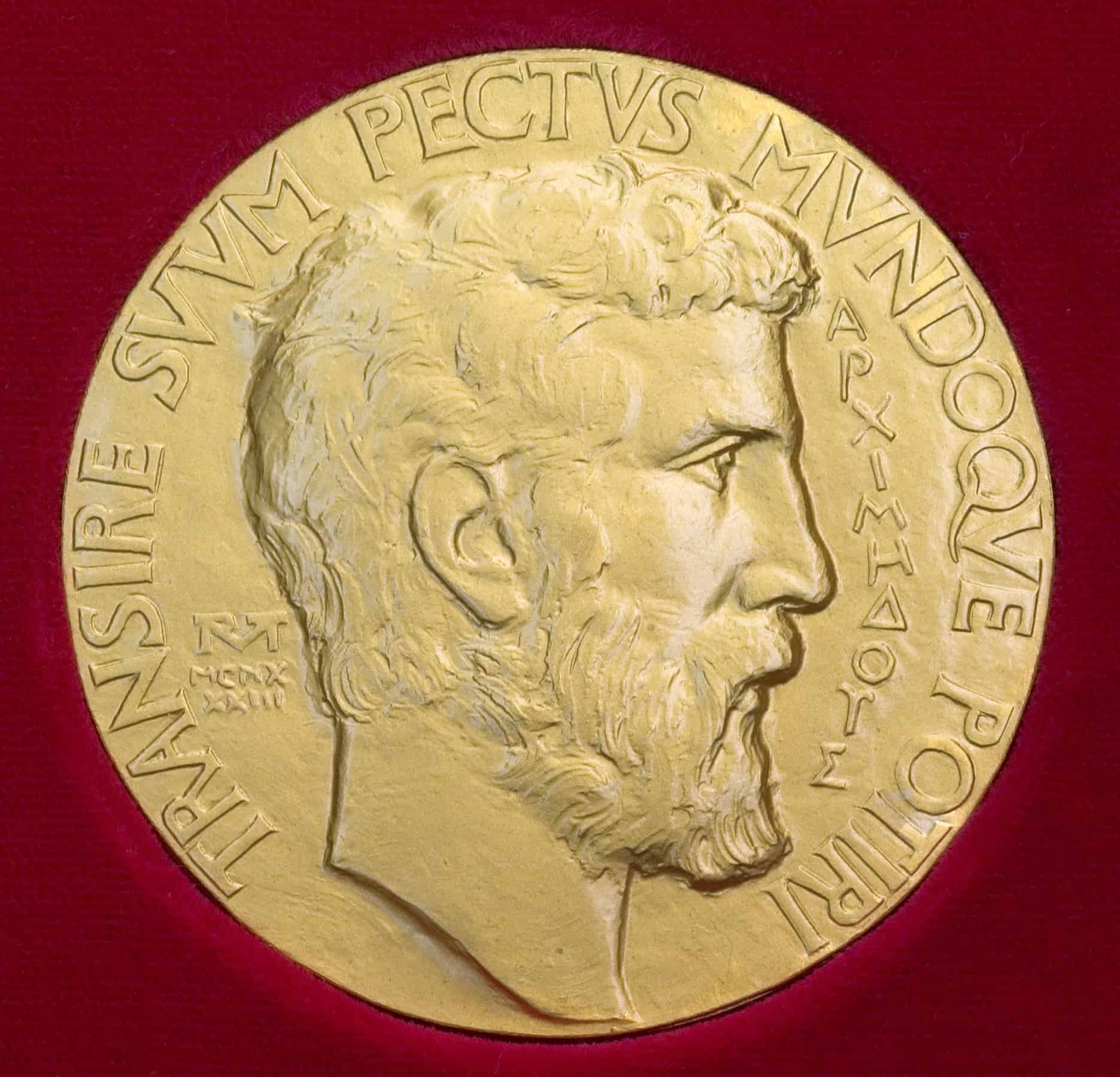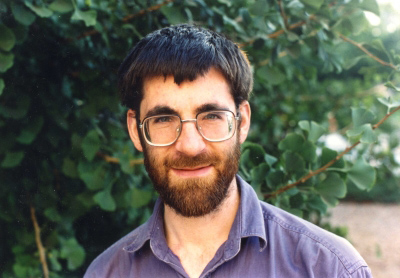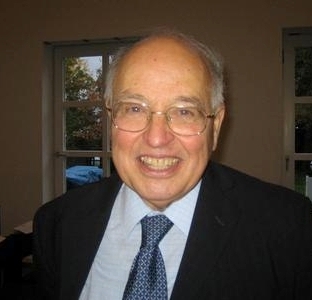The Fields Medal is often described as the mathematical equivalent of the Nobel Prize, as it is seen as the most prestigious prize which a mathematician can receive. Up to four Fields Medals are awarded every four years at a special congress, and unlike the Nobel Prize, the Fields Medal can only be won by a mathematician under the age of 40.
While there are many famous Nobel Prize winners such as Nelson Mandela and Mother Theresa, the Fields Medal is less well known by the general public. There have only been six British winners of the Fields Medal since it was first awarded in 1936. (There have however been other Fields medallists working at British universities who are of different nationalities, the most recent of which was the Austrian born Martin Hairer, working at the University of Warwick who won the prize in 2014.)
There has currently never been a female British winner of the Fields Medal, however in 2014 the Iranian mathematician Maryam Mirzakhani, became the first female recipient of the medal.
Each winner of the Fields Medal receives a gold medal depicting Archimedes along with 15,000 Canadian dollars. However it is undoubtedly the prestige associated with winning a Fields Medal which is the biggest reward for the career of any mathematician.
List of British Winners of the Fields Medal with year won
1998 Richard Borcherds
Won the Fields Medal for his contribution to Algebra including his proof of the bizarrely named Conway-Norton moonshine conjecture.
1998 Sir Timothy Gowers

Won the Fields Medal at the age of 34 for his work in the areas of functional analysis and combinatorics.
1986 Simon Donaldson
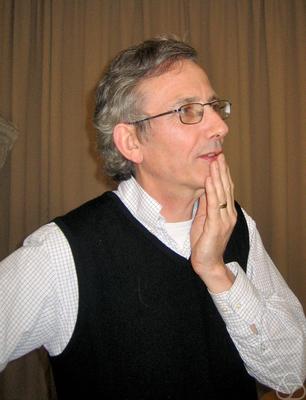
Won the Fields Medal while still in his twenties for his work in the area of topology.
1970 Alan Baker
Awarded the Fields Medal for his work on Diophantine equations.
1966 Sir Michael Atiyah
Awarded the Fields Medal for his work on K-theory.
1958 Klaus Roth
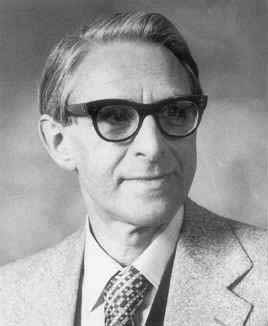
The first ever British winner of the Fields Medal who was awarded it for his work on approximating algebraic numbers by rationals. Klaus Roth was a German born mathematician who settled in Britain as a child.
Mathematical Research as a career
While only a select few will ever win the Fields Medal, there are thousands of others in the UK who are employed in a career in mathematical research.
Some people are employed like the Fields medallists as pure mathematics researchers – researching mathematics which is abstract and has no immediate application to the real world. (History has however frequently shown that pure mathematics results in useful real world applications many years after it has been invented. For example the abstract area of Number Theory is now useful in encryption on the internet.)
Other mathematics researchers work in the area of applied mathematics, developing mathematics which has immediate real world applications. Nowadays a lot of applied mathematics research is interdisciplinary – for example there are lots of mathematical biologists and mathematicians working in the field of medicine. There are also a large number of research mathematicians working for the UK government, many of them working at GCHQ. (Government Communications Headquarters.) Take a look at the Maths Matters Case Studies which highlight exciting applications of modern mathematics research.
Therefore if you have a passion for mathematics, a career in research could be for you – either working in a university, industry or for the government. If you complete an undergraduate mathematics degree you will usually have the chance to complete a final year project or dissertation which could give you an insight into whether mathematics research is a career which would suit you.
Article By Hazel Lewis


